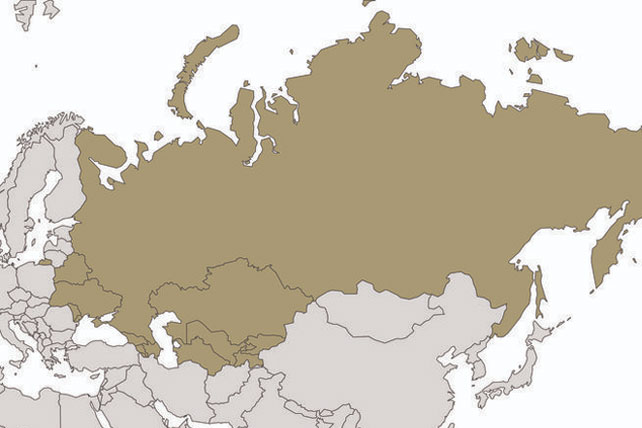1. The Andrey Rylkov Foundation has declared the winners of its annual contest – Narcophobia 2018 – which considers the best media articles on drug policy in the EECA. The first prize was awarded to journalist Maria Borzunova of TV Rain for her report entitled: “Operation Poppy 2017” or “How to plant illegal drugs on average citizens and ruin their lives”. The second prize was awarded to Ilnur Sharafiev for a Meduza report entitled: “If it has to be planted – it will be. How they jail people for drugs in Russia and why it doesn’t work!”
Read more about the contest Narcophobia 2018 here.
2. “Harm Reduction 2.0” – A new documentary video released by DUNews considers the possibility of providing harm reduction services via dark net online platforms. Read more on TalkingDrugs Rus. The video is available here.
3. The Eurasian Harm Reduction Association has begun regional consultations on prioritising different drug policy issues in the EECA region for 2018-2020. Read in detail here.
4. The Eurasian Harm Reduction Association, in partnership with five major EECA key population networks – including people who use drugs and sex workers, launched a regional campaign against stigma and discrimination entitled “Chase the virus, not people!”, TalkingDrugs Rus reports.
5. BerLUN – A Russian-speaking community of drug users joined Berlin Pride, holding banners of the “Support Don’t Punish” campaign.
6. The Constitutional Court of Georgia ruled that cannabis consumption without a doctor’s prescription is no longer a crime, Meduza reports. The Court declared that cannabis consumption is protected by the freedom to express one’s personality, Gruzia Online reports. This does not mean cannabis is legal in Georgia, as cannabis possession and sale remain illegal. Read commentary here.
7. UNAIDS expressed concerns about the failure to fulfill obligations in combatting HIV in the EECA region. They stated that 70% of people living with HIV in the EECA region come from Russia, Kommersant reports.
During the AIDS2018 Conference, experts also recommended that Russian authorities expand harm reduction services (such as needle exchanges and opioid substitution treatment), which would reduce new HIV diagnoses by 35% by 2020, Kommersant stated.
A Russian Ministry of Foreign Affairs representative insisted that Russia will not support harm reduction due to “risks of narcotization of the people”, and that such an approach would risk “damaging creative potential of the country”, Takie Dela reports. Another Russian official added that methadone substitution therapy could be characterized as “questionable”, TASS reports.
8. The Ministry of the Interior of Belarus plans to launch a new consultation centre for people living with drug dependency, Mlyn reports.
9. Members of Russia’s Drug Users Forum presented the shadow report on human rights violations against people who use drugs in Russia to the UN Committee Against Torture (CAT). As a result, CAT filed recommendations to the Russian government urging them to provide harm reduction services in prisons and ensure universal access to antiretroviral therapy for all HIV-positive inmates.
10. During the AIDS2018 Conference, NGO representatives from the EECA region discussed joint advocacy goals regarding the decriminalisation of drug use in the region.
11. The Civil Society Forum on Drugs, an expert group of the European Commission, is currently accepting applications from eligible European civil society organisations for a case study project about positive and challenging examples in the field of drug policy. See more details here.


